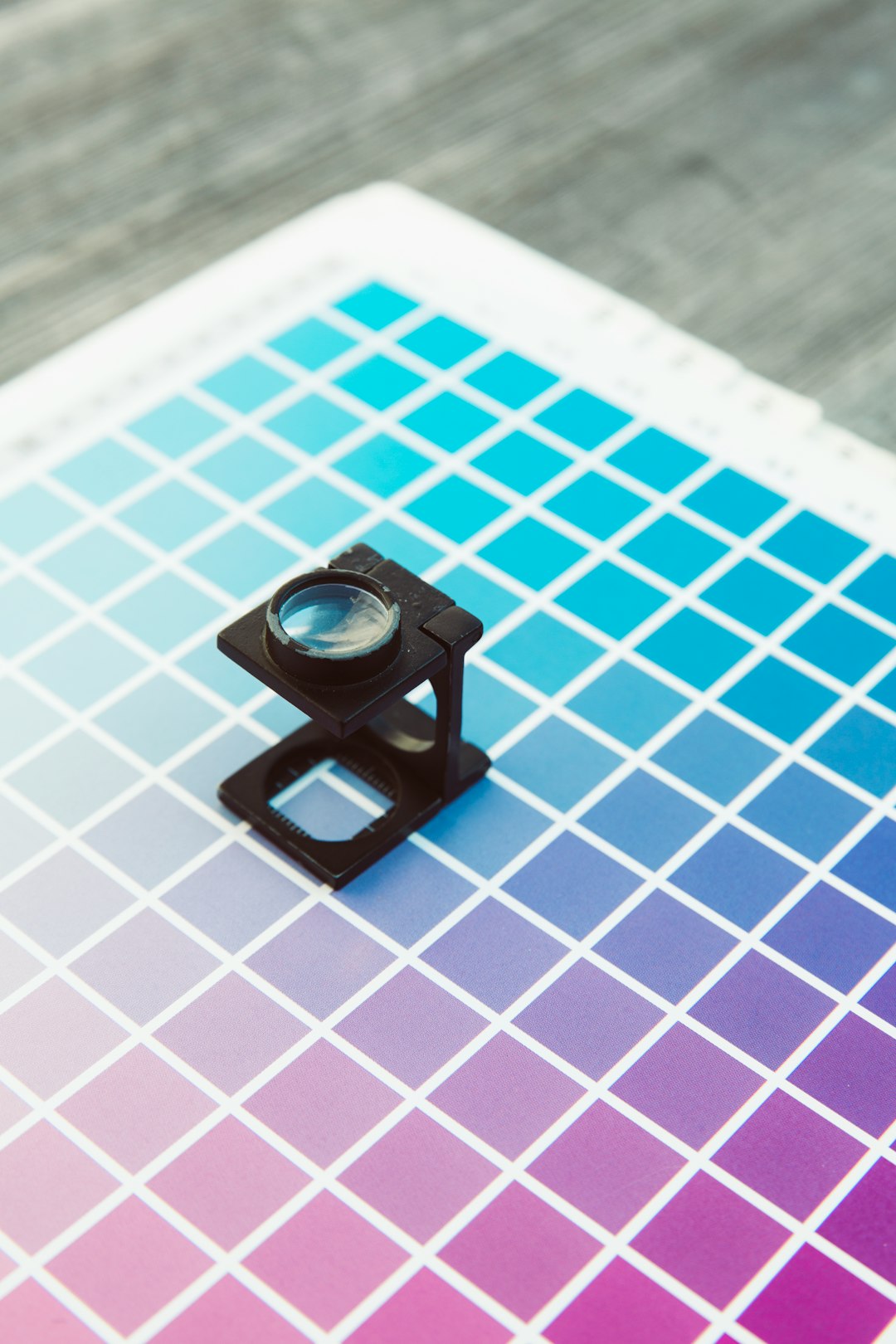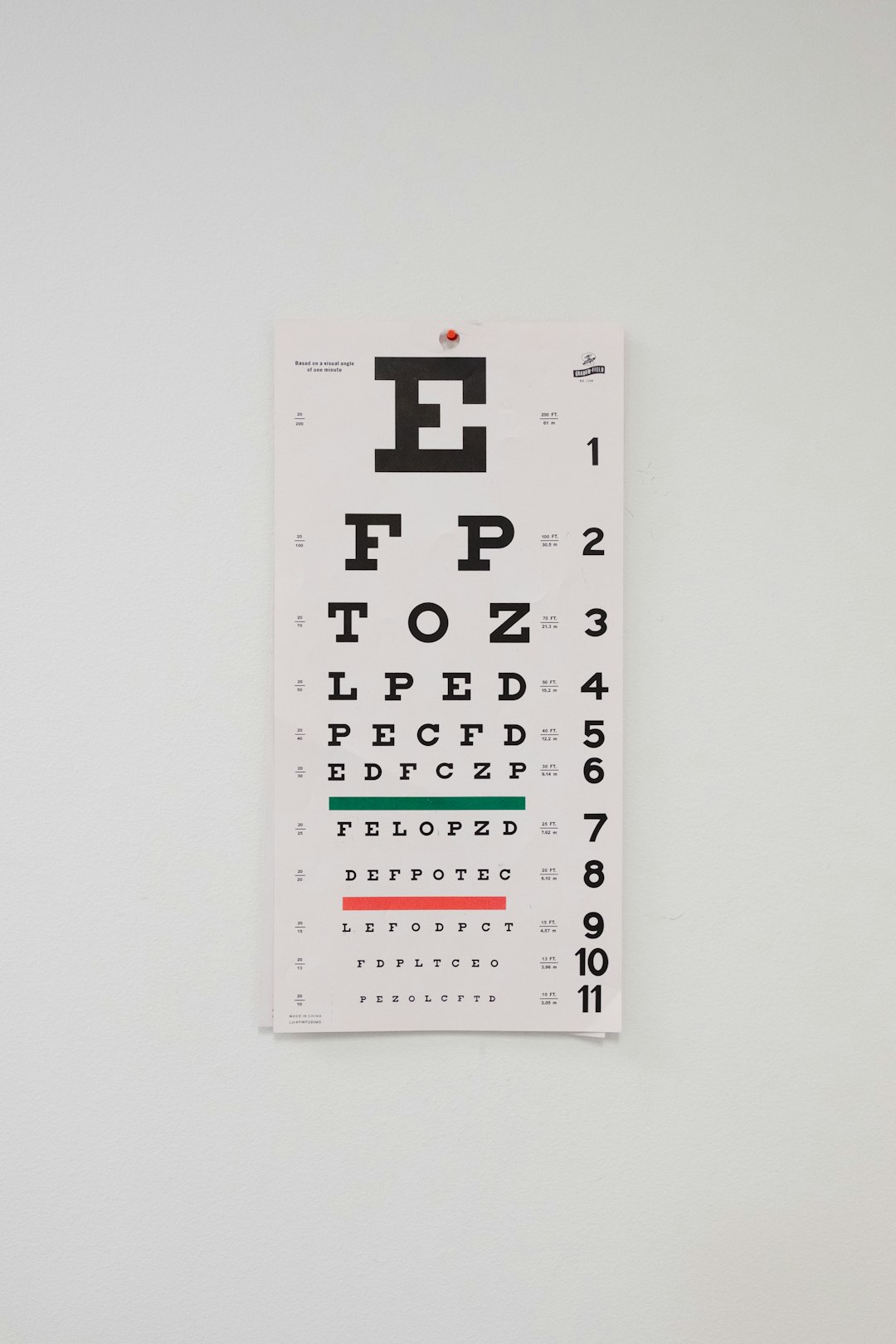Waterproofing is a critical aspect of construction and building maintenance, ensuring that structures remain safe and durable against water damage. Among the various methods available, liquid waterproofing membranes have gained significant popularity due to their effectiveness and ease of application. This article delves into what liquid waterproofing membranes are, their benefits, applications, and considerations to keep in mind when selecting a membrane for your project.
### What is a Liquid Waterproofing Membrane?
A liquid waterproofing membrane is a protective layer applied to surfaces to prevent water infiltration. Unlike traditional sheet membranes, which are pre-manufactured and require seams to be sealed, liquid membranes are applied in a liquid form and cure to form a seamless, flexible barrier. This seamless nature makes them particularly effective in preventing leaks, as there are no joints or seams where water can penetrate.
### Benefits of Liquid Waterproofing Membranes
1. **Seamless Application**: One of the most significant advantages of liquid waterproofing membranes is their ability to create a continuous barrier. This seamless application means that there are fewer chances for leaks, as water cannot penetrate through seams.
2. **Flexibility**: Liquid membranes are highly flexible, allowing them to accommodate the natural movement of building materials. This flexibility is crucial in areas prone to temperature fluctuations or structural shifts, as it helps maintain the integrity of the waterproofing layer.
3. **Ease of Application**: Applying a liquid waterproofing membrane is generally straightforward. It can be sprayed, rolled, or brushed onto surfaces, making it accessible for both professional contractors and DIY enthusiasts. This ease of application can reduce labor costs and project timelines.
4. **Versatility**: Liquid waterproofing membranes can be used on a variety of surfaces, including concrete, wood, metal, and more. They are suitable for both horizontal and vertical applications, making them ideal for roofs, balconies, basements, and foundations.
5. **Durability**: When properly applied, liquid waterproofing membranes can withstand harsh weather conditions, UV exposure, and chemical attacks. This durability ensures long-lasting protection against water damage.
### Applications of Liquid Waterproofing Membranes
Liquid waterproofing membranes are used in a wide range of applications across different sectors. Some common uses include:
– **Roofing**: Liquid membranes are often applied to flat or low-slope roofs to prevent water pooling and leaks.
– **Balconies and Terraces**: These membranes protect outdoor spaces from water damage, ensuring longevity and safety.
– **Basements**: In below-grade applications, liquid membranes provide essential waterproofing to keep basements dry and habitable.
– **Swimming Pools**: Liquid waterproofing can help maintain the integrity of pool structures, preventing leaks and water loss.
### Considerations When Choosing a Liquid Waterproofing Membrane
While liquid waterproofing membranes offer numerous benefits, it is essential to consider several factors when selecting a product for your project:
1. **Surface Preparation**: Proper surface preparation is crucial for the successful application of a liquid membrane. Ensure that the surface is clean, dry, and free of contaminants before application.
2. **Curing Time**: Different liquid membranes have varying curing times. Be sure to consider the time required for the membrane to cure fully before exposing it to water or foot traffic.
3. **Environmental Conditions**: Weather conditions can impact the application and performance of liquid membranes. It is advisable to apply these products under suitable temperature and humidity conditions for optimal results.
4. **Maintenance**: Although liquid waterproofing membranes are durable, regular inspections and maintenance can help prolong their lifespan. Look for any signs of wear or damage and address them promptly.
In conclusion, liquid waterproofing membranes are a versatile and effective solution for protecting structures from water damage. Their seamless application, flexibility, and durability make them an excellent choice for a variety of projects. For those looking to explore options for liquid waterproofing membrane solutions, understanding the benefits and considerations can help in making informed decisions that ensure long-lasting protection for your buildings.





